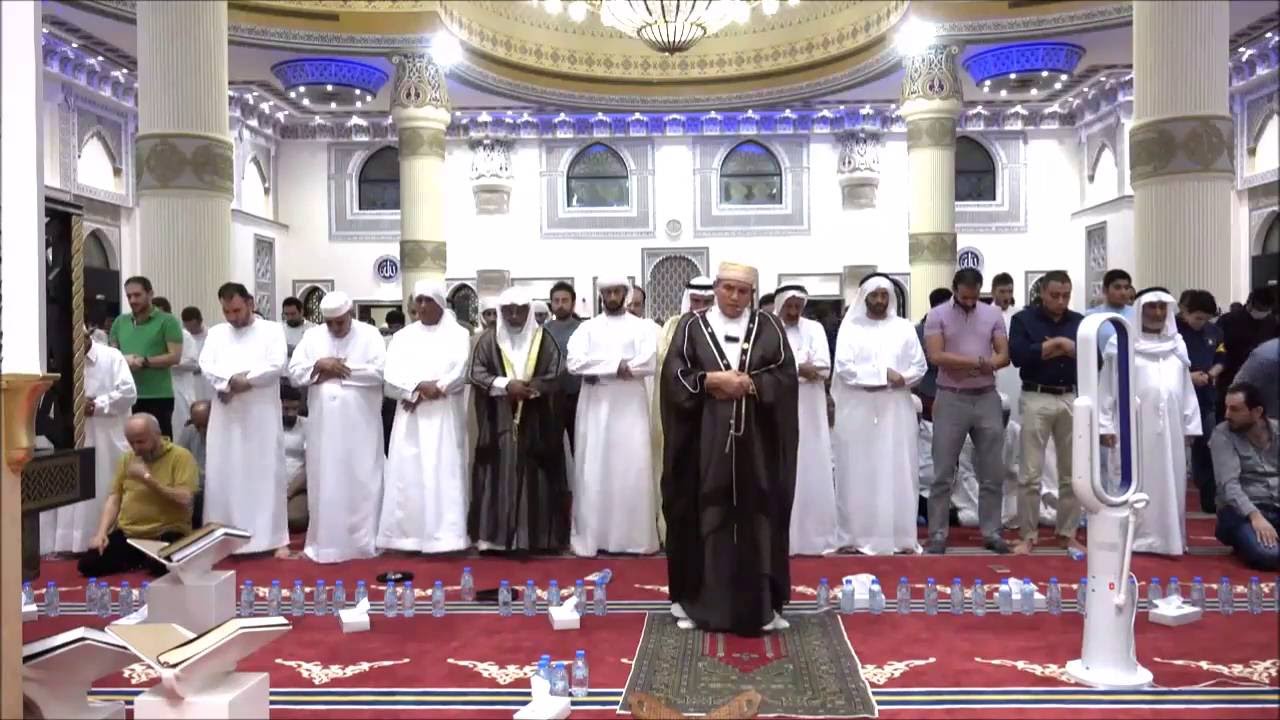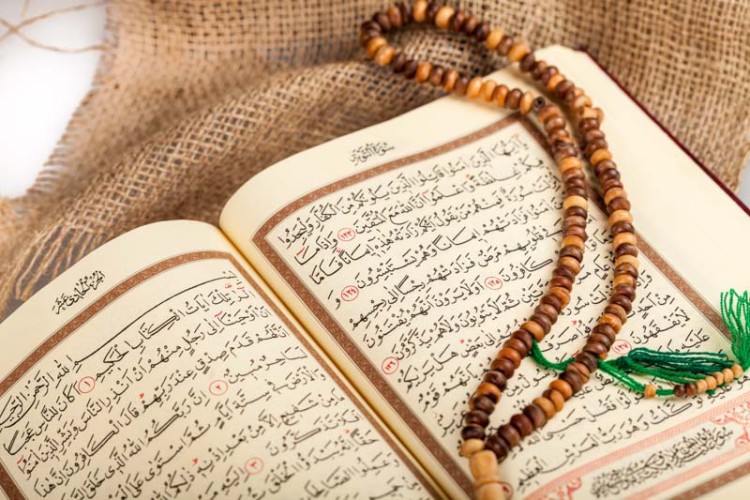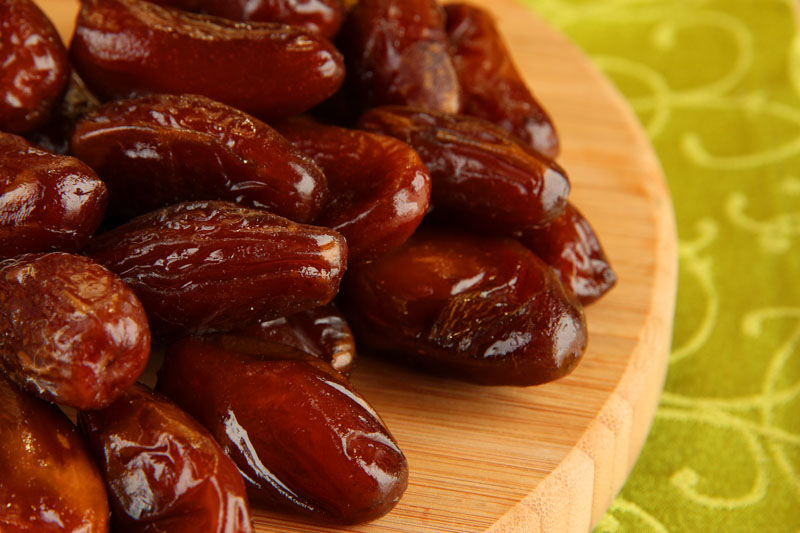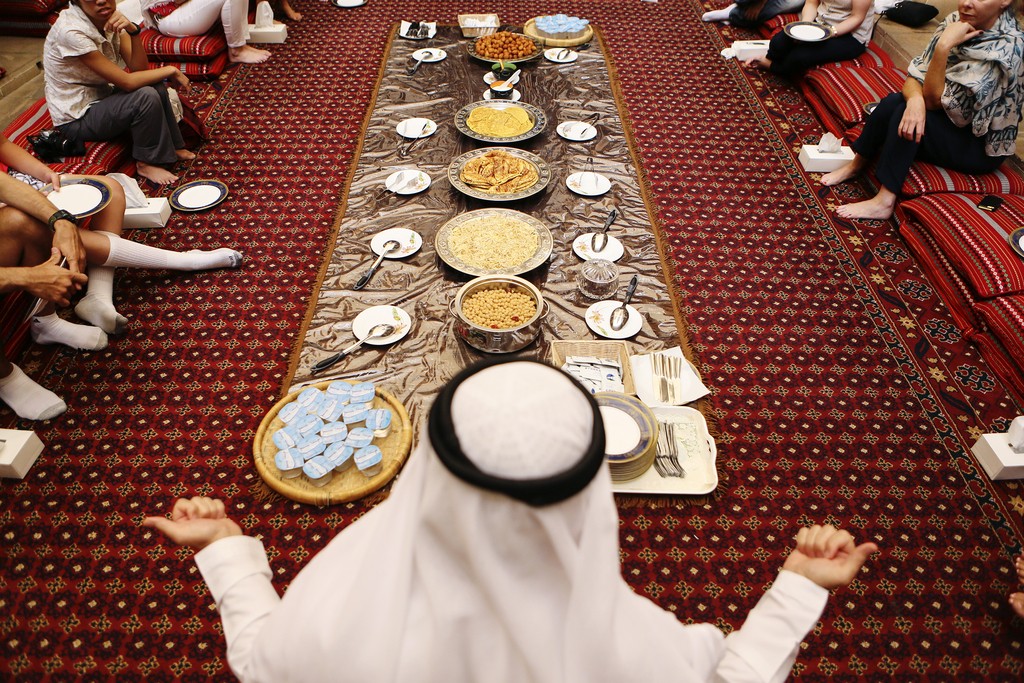There is an atmosphere of spirituality coupled with excitement in Arab countries as the holy month of Ramadan commences tomorrow. United Arab Emirates (UAE) has taken several measures to welcome this auspicious month in which Muslims observe a fast during the day for a month.
The UAE government has shortened working hours for public and private sector employees during Ramadan. The working hours for government employees will be from 9 am till 2 pm across the UAE. For private sector employees, work timings have been reduced by two hours. Many prisoners in the country have been released before the start of Ramadan.
Importance of Ramadan
Ramadan is the ninth Islamic lunar month. It begins with the sighting of the new moon and ends with the birth of the next new moon. The literal meaning of the word Ramadan is hot, but it doesn't mean it's always a hot month; that depends on where a person lives as May/June 2017 are not hot months in the southern hemisphere.
This month is marked as the one in which the Holy Quran was revealed to the Prophet Muhammad.
Excerpts from Quran
“Ramadan is the (month) during which the Holy Quran was sent down, as a guide to mankind and a clear guidance and judgment (so mankind will distinguish from right and wrong)” (2:183)
“Fasting is prescribed for you as it was prescribed for those before you, that you may attain taqwaa.” (2:183)
Allah has prescribed the act of fasting so that mankind can achieve taqwa. (It is the Arabic word that means conscientiousness and piety).
During the whole month, Muslims fast from the break of dawn till sunset each day during the month. Not drinking and eating teaches self-restraint, discipline and patience, according to their philosophy.
In the UAE, no eating and drinking is allowed in public during the days of Ramadan . People have to take care to dress modestly, refrain from playing loud music, not smoke or chew gum and finally be mindful of others.
Breaking of fast
There is considerable excitement among the people as they break their fast at sunset. During this time, families, relatives and friends get together with the call to Mahgrib prayer or the sound of the shooting canon, which is a local tradition.
People then hasten to eat a date and drink water, and then offer prayers after which they sit to eat and enjoy each other's company.
People rest and then proceed to the Mosque for the last prayer of the day, Isha, followed by extra prayers called Taraweeh. Once done, some go home to rest and be with their families while others go out and socialise till the early hours of the morning (a new tradition), until it's time for Suhoor, the meal before the break of dawn.
Suhoor is a light meal in preparation to fast for another day which begins at the sound of the call to the Fajr prayer after which the fast begins.
Arrival of Eid
Eid marks the end of Ramadan, when the new moon is sighted once again. It's a time to rejoice as a community and hope our prayers and good deeds have been accepted. Before prayers begin the next morning, the head of the household will carry out the Zakat al Fitr, or charity, which is to feed one poor person on behalf of each member of the family.
On the morning of Eid, at the break of dawn, Muslims drink water to signify the end of fasting. Then they visit their mosque where prayers commence right after sunrise.






